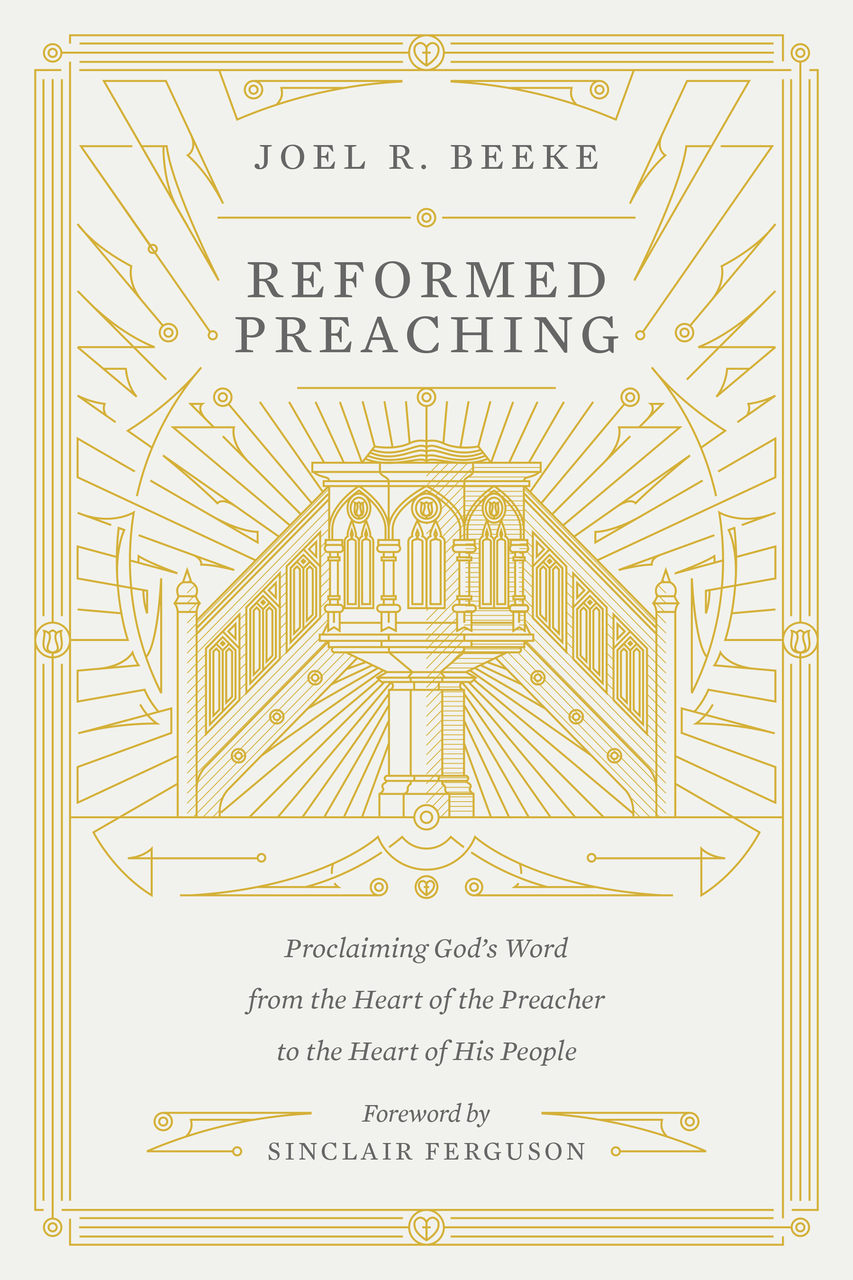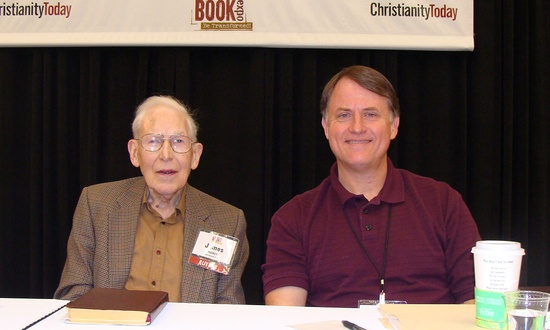I love the Puritans, especially because of their emphasis on God’s greatness and grace, and their happiness in Jesus.
I have often expressed my appreciation for The Valley of Vision, a collection of Puritan prayers (see my past blogs on it). The Puritans are typically stereotyped as stodgy, grumpy, and uptight, but as a whole, this stereotype is unfair. I’ve read many of their writings, especially when I was researching my book Happiness, and found that they often experienced and spoke of profound happiness in seemingly unbearable circumstances. Like skilled blacksmiths, they forged happiness on Scripture’s anvil, under the severe hammer of life . . . all the while smiling at the bountiful beauties of God’s creation and providence.
One of my spiritual heroes, Charles Spurgeon, has been called the “last of the Puritans” because though he lived in the 19th century, rather than 17th or 18th, he was so in harmony with the spirit and passions and words of the Puritans. Spurgeon’s reputation and influence centered on his unapologetic declaration of Scripture, and he preached about God’s greatness and sovereign grace and spoke openly about Hell and the need for repentance. (One of my books on Heaven, We Shall See God, contains selected segments from his sermons on Heaven, so about 60% of the book is Spurgeon.)
I really appreciated this video and article from Joel Beeke about seven things we can learn from the Puritans. Like them, may we be people of depth and substance, shaped by Scripture, focused on eternity and both humble and happy in Jesus. —Randy Alcorn
Loving the Truth, Hating Sin
The Puritans have many things to offer modern Christians. The first is that they shape your mind according to the Bible. They loved the Bible, they lived the Bible, they sang the Bible, they preached the Bible, they read the Bible, they memorized the Bible. They were thinking about the Bible every day. They are Bible-shaped theologians and Bible-shaped preachers.
What is said of Spurgeon could be said of all the Puritans. You could have pricked his vein anywhere and out would’ve flowed bibline blood. They just thought that way—that’s who they were. We need more of that focus on the Word of God.
Secondly, they just loved to preach Christ. In every sermon, it’s like they took a flashlight inside the text and tried to find Jesus, pulled him out, set him as a placard in front of you, and talked about his glory and his beauty until you longed for him. They’re very Christocentric.
Thirdly, we can learn from the Puritans how to convict people of sin. Today, we get preachers in the pulpit who say something very convicting and then they say, “Now congregation, I don’t mean to convict you or anything.” The Puritans wanted to convict people. Like God did when he came to Adam, found him behind the bush, and called him out. Puritans wanted to call sinners out from behind the bushes where they were hiding and have them stand naked before God. That’s what we want to do so that they need the Lord Jesus Christ. We learn a lot about conviction of sin and about preaching from the Puritans.
Humble and Willing
Fourthly, we also learn a lot from the Puritans about how to cope with affliction. The average Puritan family had nine children. The average family lost four or five of them before they reached adulthood. They were well-acquainted with affliction, and it was sanctified to them. They wrote about it, they preached about it. They knew what it was to handle life’s deep troubles.
We also learn from the Puritans how to rebuke our own pride. They hated their own pride. They walked with genuine humility. We need more of that, as well. We need to beat back our pride and serve the Lord humbly and simply, not looking for credit for ourselves, but serving him faithfully with big servant hearts.
Eternally Minded and of Earthly Good
We also learn from the Puritans how to love people. In times of the plague or the big fire through London, it was often non-Puritan ministers that left the city because they were afraid of catching the plague. The Puritans risked their lives. They went right into the bedrooms of their people, ministered to them, stayed until the end, and were faithful to them.
They loved their people. They loved preaching. They loved their God. They loved the things of God. What’s sorely needed in evangelicalism today is burning, passionate love for God and for man.
Finally, the Puritans really teach us how to live for eternity, keeping one eye on eternity all the time, as Richard Baxter said, and the other eye on time. The more we focus on eternity, the more sanctified we will really be in time.
The whole idea “he’s so heavenly, he’s for no earthly good” would have made the Puritans turn in their grave. The more heavenly you are, the more earthly good you’ll do because the more you’re like Jesus, the more you’ll love people, the more you’ll be an evangelist, the more you’ll spread the gospel, the more you’ll go out of your way to live wholly and solely for your precious Redeemer.
Joel R. Beeke (PhD, Westminster Theological Seminary) has written over one hundred books. He is president and professor of systematic theology and homiletics at Puritan Reformed Theological Seminary, a pastor of the Heritage Reformed Congregation in Grand Rapids, Michigan, as well as the editor of Banner of Sovereign Grace Truth, the editorial director of Reformation Heritage Books, the president of Inheritance Publishers, and vice president of the Dutch Reformed Translation Society.
 Reformed Preaching by Joel R. Beeke
Reformed Preaching by Joel R. Beeke
This robust treatment of Reformed experiential preaching by experienced pastor and professor Joel Beeke explores what experiential preaching is, examines sermons by key preachers in history, and shows how experiential preaching can best be done today.
This article originally appeared on Crossway.org and is used with permission.
Photo by Priscilla Du Preez on Unsplash




